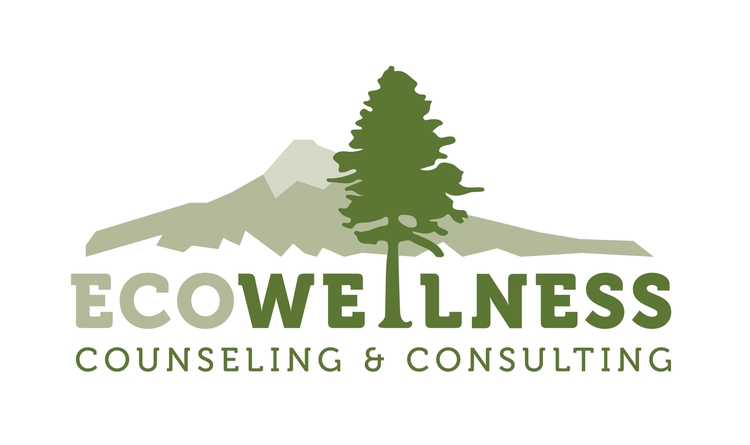Counseling Defined: Part II
This past month I shared the first installment of ‘Counseling Defined.’ As I mentioned in that article, counseling can be a confusing profession to the consumer, especially when there are several other similar fields. I shared my perceptions of what counseling is and what qualifies a person to be a counselor. This month I’d like to share some basic similarities and differences between counseling and a few other similar yet distinct fields (i.e., psychiatry and clinical psychology).
What’s counseling again?
Counselors engage in talk therapy and are trained to view clients from a holistic paradigm. While most professional counselors utilize mental health diagnoses, the client’s diagnosis is viewed as just one factor in working with a client. Counseling is all about working toward optimal mental health and development, NOT merely symptom reduction. Counselors must complete a masters degree at minimum to practice and must receive 2,400 hours of supervised clinical hours before coming fully licensed. Some counselors also complete their PhD (‘Doctor of Philosophy’), which allows them to focus on research as well as clinical work.
What is psychiatry?
Psychiatrists are physicians (professionals that attend medical school) specializing in the treatment of mental health disorders. They apply a medical model in diagnosing mental illness and prescribing medication in hopes of managing symptoms of whatever the particular mental illness may be. I have encountered some psychiatrists that also provide talk therapy or counseling, but most I have met engage primarily in medication management. It is important for you to know that your primary care physician can also prescribe you with medications that manage symptoms of mental illness. In addition, in the state of Oregon, both nurse practitioners and physician assistants (masters-level medical practitioners) can prescribe medications that manage mental health.
What is clinical psychology?
Clinical psychologists receive their PsyD or PhD. A PhD has a strong focus on engaging in scientific research and a PsyD or ‘Doctor of Psychology’ has a much stronger focus on clinical application. I believe that clinical psychologists receive stellar training in psychological evaluation, assessment, and applying a medical model in diagnosing and treating mental health disorders with talk therapy. I often refer my clients for psychological evaluation if they need clarity on a specific diagnosis, needing one for work, or required to receive an evaluation for a legally related issue.
How do I make sense of this information?
The research is pretty clear: in the treatment of specific mental health disorders (i.e., depression, anxiety, etc.) counseling combined with medication management is more effective than either alone. But the decision to explore counseling or medication is ultimately up to you. Effective counseling can take time and a lot of effort, and so can finding the right medication and/or dosage. If you or a loved one are experiencing mental health challenges and you aren’t sure what’s going on, there are a variety of paper/pencil assessments that can be very helpful in diagnosing a problem, should one exist, and contacting a clinical psychologist can be helpful in clarifying the issue. Consulting your family physician or a psychiatrist can also be a good starting point to rule out any medical concerns that might be causing discomfort, but if you desire to work through mental health challenges without medication and want to engage in talk therapy, contact a counselor.
Wrapping it up…for now
I hope this write-up was helpful in sharing some of the general similarities and differences between the helping professions. There are other mental health practitioners I didn’t discuss here (i.e., social workers and counseling psychologists) and there are definitely exceptions to what I have written. Some counselors treat symptoms with talk therapy, some psychiatrists engage in talk therapy, and many clinical psychologists provide holistic counseling services. So, be sure to do your homework. Tune in next month for another installment of counseling defined!
